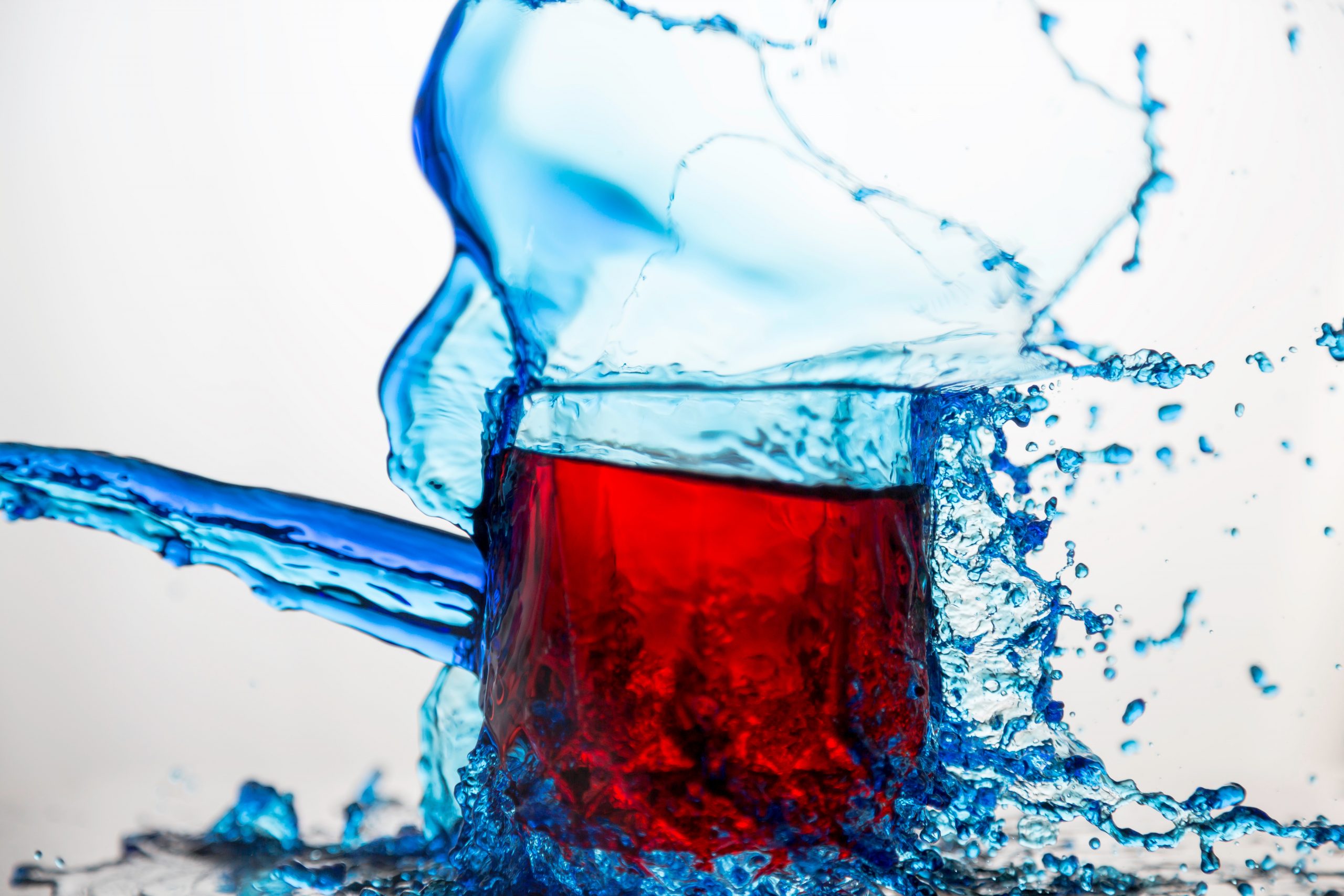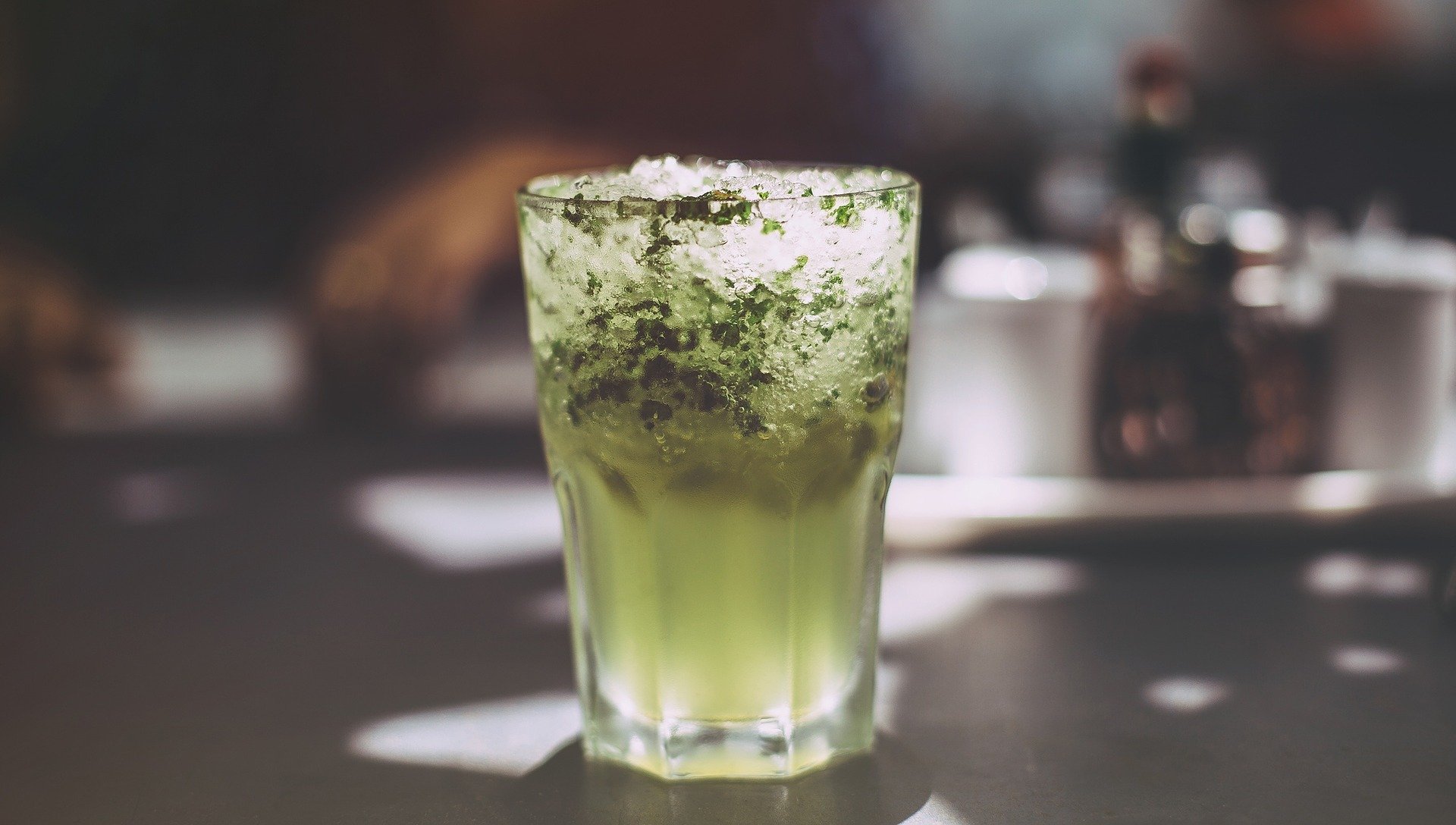
Soft drinks, soft drinks, soft drinks, soft drinks: they are all the same: a drink with carbonated water, a lot of sugar and / or sugar substitutes. Basically a sugary drink with lots of bubbles.
For some, it’s more than just a drink; It is a lifestyle. Just look at the advertising campaigns of many carbonated powers. Coca-Cola has “Share a Coca-Cola“; Sprite has its “Fresh Faces” campaign that will join future rap superstars. And who can forget the old “Make 7UP Yours” from the late 90s? It was cool, fun, and became a cultural icon for years to come.
And the campaigns worked, especially with their target group. According to the Centers for Disease Control, 63 percent of teenagers in the United States are U.S. They consumed this type of sugary drink every day between 2011 and 2014, and the numbers were higher in children.
And while campaigns can be fun and contain benign statistics, they’re just the opposite. Drinking soft drinks daily can harm your health. These are some of the things that happen to your body if you drink soda every day.
1. You could hinder your learning process and memory retention
Let’s start from above. Your brain. When you consume large amounts of sugar, it has a negative effect on brain neurons, particularly those used to create memories. In fact, a study published in the journal Neuroscience found that large amounts of added sugar can delay the production of a chemical known as brain-derived neurotrophic factor (BDNF). And when your body doesn’t produce enough BDNF, even the simplest cognitive tasks, like learning and memory formation, become much more difficult …
2. Cause damage to your teeth
Let’s talk about your teeth in the future. When the soda gets into your mouth, it touches your teeth unless it’s the type who likes to breathe in your soda. In this case, it jumps to the lungs that are likely to burn. But if you’re like most people and drink your sugary, bubbly drink, a good deal of this fluid will flow through and around your teeth.
And every time it does, that sugar binds to bacteria already in the mouth, allowing the acid to rise. When it does, over time, the enamel weakens and can cause plaque that can ooze and create cavities. And what is more? The acid in soft drinks reduces the pH levels in the saliva, stimulates again the production and growth of bacteria, further eroding the teeth …
3. It Will go Down Your Esophagus
If you have not inhaled, the drink will get into your esophagus. And although you may feel a burning sensation, contrary to popular belief, it won’t do any harm. Research has shown that there is no association with acid reflux or other damage to the esophagus. But …
4. Your Iungs Could Suffer
As soon as your drink reaches your esophagus safely, smooth sailing ends. Unfortunately, scientists have associated soft drink consumption with an increased risk of lung complications such as chronic obstructive pulmonary disease (COPD), which blocks airflow and makes breathing difficult. The 2012 study also found links to asthma.
5. Your risk of heart disease increases
Yes, if we move through the body it just seems to get worse. A Harvard University study found that those who drink just one 12-ounce can of soda a day significantly increased their risk of developing chronic heart disease (CHD). In addition, those who drank large amounts of soda were 20 percent more likely to have a heart attack than those who drank small amounts of soda.
6. It could negatively affect your fertility
Studies in men and women have shown that consuming large amounts of sugar, including soda, can have a major impact on reproduction. In fact, a study that looked at 189 healthy young men at the University of Rochester found that those who drank the most sugary drinks, including soda, showed less sperm motility.
The effects of soft drinks on fertility do not stop in the male population. According to a 2018 study published in the journal Epidemiology, it was found that drinking one or more sugary drinks daily is associated with decreased fertility for both men and women. In particular, women who consumed at least one lemonade per day were 25 percent less likely to get pregnant than women who did not drink lemonade.
7. It could negatively affect your athletic performance
If you are an athlete, you have probably been told not to drink soda during exercise. While there is no concrete evidence of your direct connection, you can conclude that when choosing beverages with a high sugar content, you are unlikely to choose other healthy foods that can lead to weight gain.
Given the negative effects on your brain, lungs, and heart, you can easily conclude that you won’t be able to drive a fast 5 km in the foreseeable future if your favorite drink is delivered in a can full of bubbles and sugar.
So if there is anything to take here, drink more water. Studies have shown that it improves brain health and lung function, reduces the risk of heart disease, has no negative effects on reproduction, and most likely improves your athletic performance and evolves over the years.







